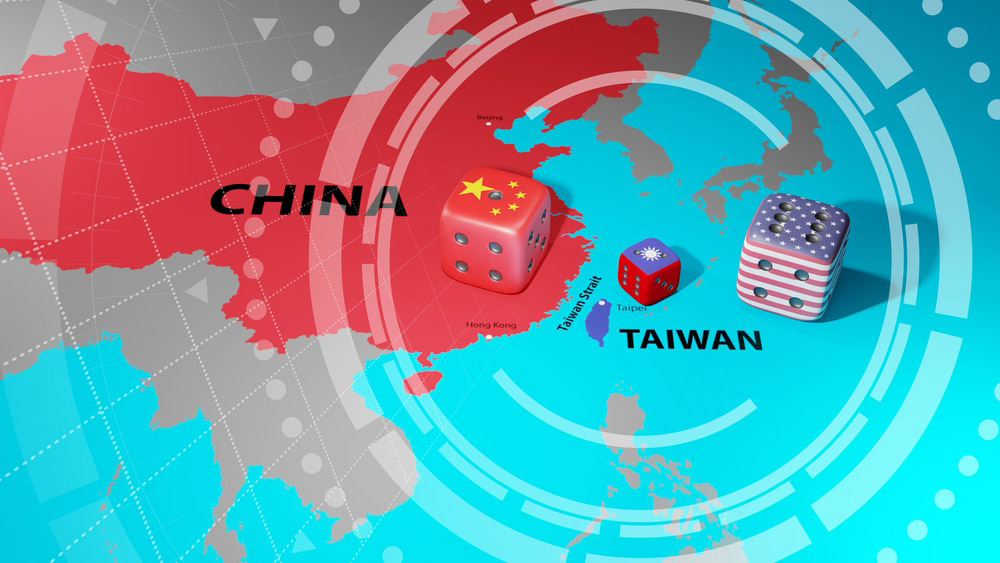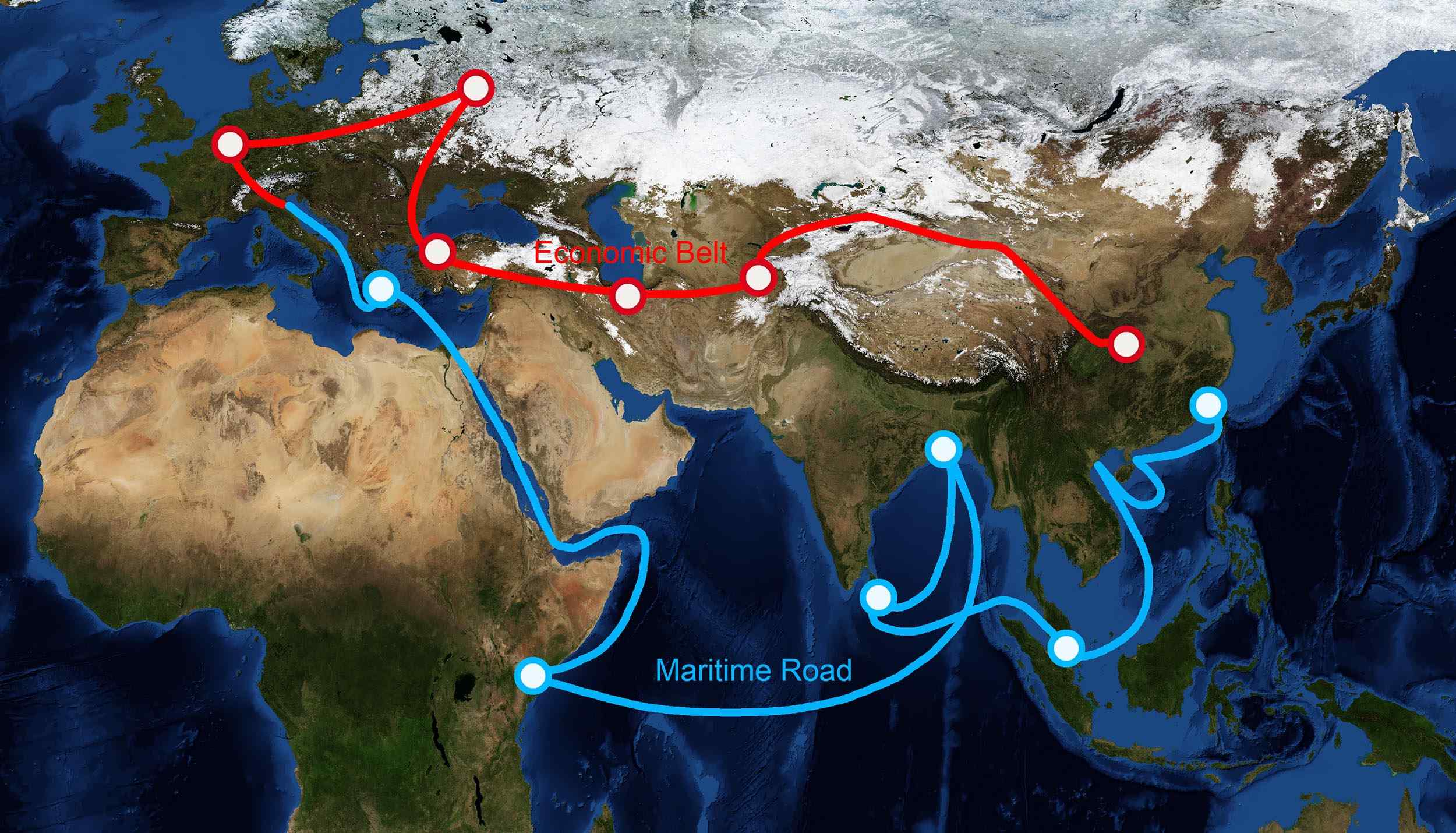On October 16, 2022, the 20th National Congress of the Chinese Communist Party opened in Beijing with General Secretary Xi Jinping delivering a two-hour report to 2,296 delegates. Xi’s report extolled accomplishments since the last conclave in 2017, set priorities for the party going forward, and set the tone for the governance of the party and nation. Overall, Xi’s report transmitted two messages that contend with one another: triumphalism and trepidation.
The triumphalism was mostly tied to the many self-declared accomplishments the party has scored across a host of domestic and foreign policy initiatives since the 19th Congress in 2017. These include the assertions that the party has completed the eradication of poverty and met its goal of developing the People’s Republic of China (PRC) into “a moderately prosperous society in all respects.” The report also exudes a sense of focus, determination and confidence as Xi lays out objectives and aspirations for the next five years.
External challenges abound
However, suffused throughout the 63-page report — in the English version handed out at the congress — is a sense of concern, uncertainty, and some might even say foreboding. This trepidation relates to the external forces Beijing confronts as it attempts to achieve its next set of national objectives. Key statements in the report paint a somewhat dark picture:
- International developments pose “a series of immense risks and challenges.” In an oblique but clear reference to the United States, Xi Jinping reported that China faces “drastic changes in the international landscape, especially external attempts to blackmail, contain, blockade, and exert maximum pressure on China…”
- “The global economic recovery is sluggish, regional conflicts and disturbances are frequent, and global issues are becoming more acute. The world has entered a new period of turbulence and change.”
- “External attempts to suppress and contain China may escalate at any time” and China “must therefore be more mindful of potential dangers, be prepared to deal with worst-case scenarios…”
- China will have to “crack down hard on infiltration, sabotage, subversion, and separatist activities by hostile forces.”
These are stark statements that undoubtedly reflect rising concerns in Beijing that external developments over which they have little control pose both direct and indirect risks to their ambitions.
Is “peace and development” as “the keynote of the times” fading?
In addition, the report to the congress hedges on two long-standing key judgments that had been fundamental to shaping Beijing’s willingness to take risks with economic reform at home and guide its approach to national security and military affairs.
The first judgment is whether “peace and development” (和平与发展) is still the “keynote of the times” (时代主题). First formulated by Deng Xiaoping in the 1980s, this long-standing assessment judges the world as basically at peace and the possibility of a war between the major powers involving China is remote, and therefore China can concentrate on domestic economic reform. This judgment also provided the rationale for the Chinese military, the People’s Liberation Army, transitioning to a state of peacetime modernization from the state of war readiness that existed when the former Soviet Union posed a direct military threat to the PRC.
Judging “peace and development” as the keynote of the times has provided a rationale for the basic direction of China’s domestic policies, foreign policies, and defense policies for decades. It was unambiguously confirmed at party congresses in 2012 and 2017. As recently as 2020, “peace and development,” was revalidated as the keynote of the times by the communique of the 5th Plenum of the 19th Central Committee, although troubling trends in international affairs were acknowledged.
Perhaps foreshadowing uncertainty on this account, in March of this year, the official Xinhua News Agency reported Xi Jinping telling President Joe Biden during a video teleconference that “the prevailing trend of peace and development is facing serious challenges.” And in Xi’s report to the 20th Party Congress, he made no explicit validation of “peace and development” as the keynote of the times. Instead, the report says, “The historical trends of peace, development, cooperation, and mutual benefit are unstoppable” … but “the deficit in peace, development, security, and governance is growing.” This was eye-catching for those who follow the catechisms of the Chinese Communist Party.
“Strategic opportunity” vs. rising risks
A second and somewhat related judgment is whether or not China is still in “a period of strategic opportunity”(战略机遇期)to accomplish its major national objectives. Just as with “peace and development,” the concept that China’s modernization was benefitting from a period of strategic opportunity was explicitly confirmed by the party in 2012, 2017 and 2020. But the report to the 20th Congress has reconfigured this judgment by stating, “Our country has entered a period of development in which strategic opportunities, risks, and challenges are concurrent and uncertainties and unforeseen factors are rising.” This seems a more tenuous formulation.
To a certain degree, the foreboding language in the report and the qualification to previously standard judgments reflect some of the body blows the PRC absorbed in the last few years:
- The rapid deterioration in U.S.-PRC relations and pushback from key U.S. allies and partners. It took a while for analysts in Beijing to fully appreciate that the problem was not personalities but policies.
- The impact of COVID-19 on the PRC economy. (We note that the government delayed the release of its third-quarter GDP figures, originally due during the week of the congress.)
- Russia’s invasion of Ukraine. The war trapped Beijing between its long-held principles — such as respect for the sovereignty and territorial integrity of nation-states — and its partnership with Moscow.
What are we to make of these words emerging from the first day of the 20th Congress? Is the Chinese Communist Party in the process of a significant re-evaluation of previous assessments of its security situation and rethinking its way forward in a dangerous new world? Is the party worried that international developments could work against the attainment of some of its objectives and is presenting this possibility as a hedge? Or is this just Xi Jinping trying to impose his own formulations on the party? These are open questions. Either way, Xi Jinping’s report to the 20th Party Congress acknowledges that going forward the road the party will travel as it strives to achieve its objectives at home and abroad will likely be bumpier than the one it has traversed over the past decades. This, too, is part of the “new era.”
For a more detailed analysis of the 20th Congress by David Finkelstein and other CNA experts, watch the YouTube video of our National Security Seminar Situation Spotlight: The 20th National Congress of the Chinese Communist Party: Foreign Policy, Technology and Military Dimensions.


